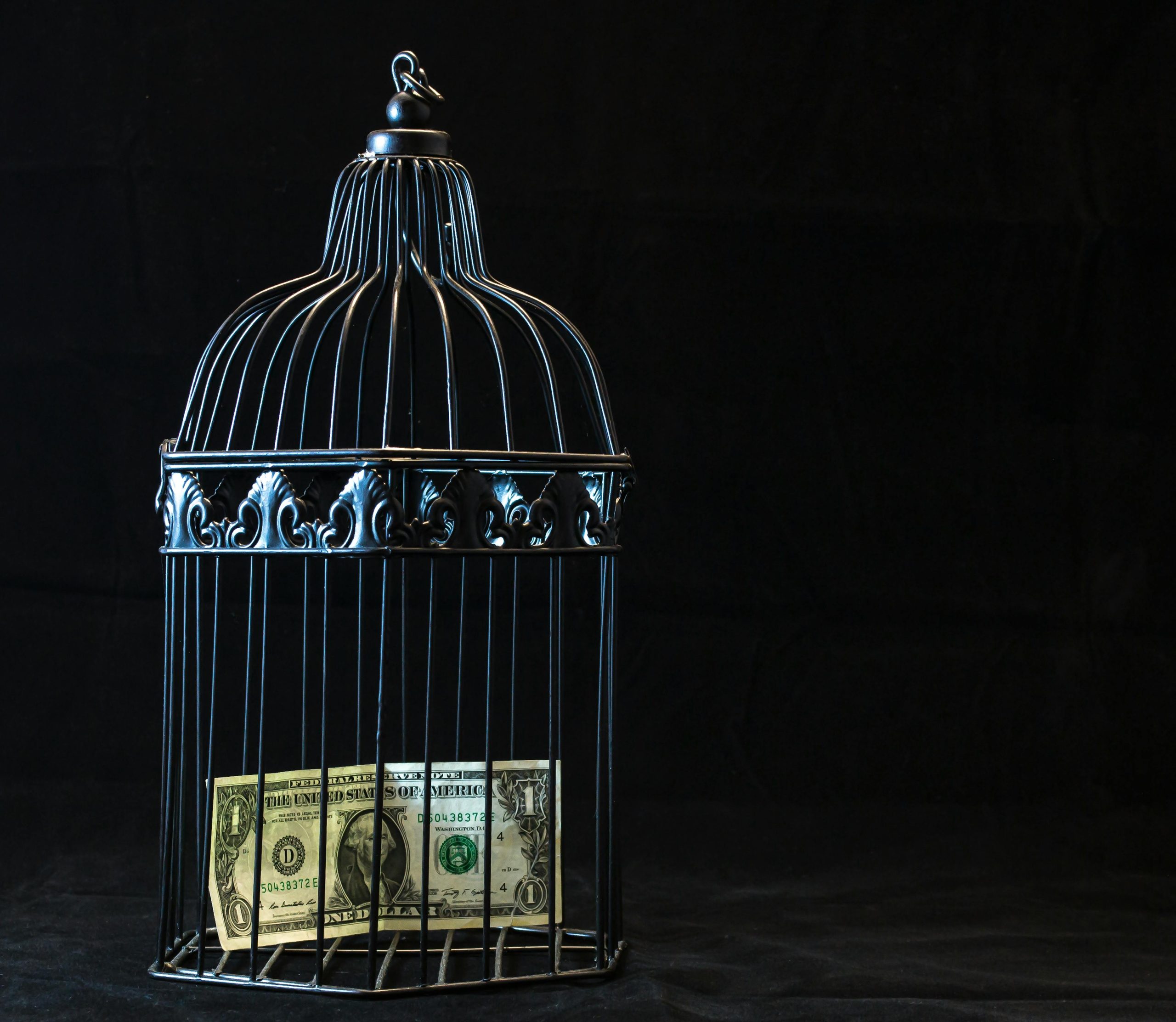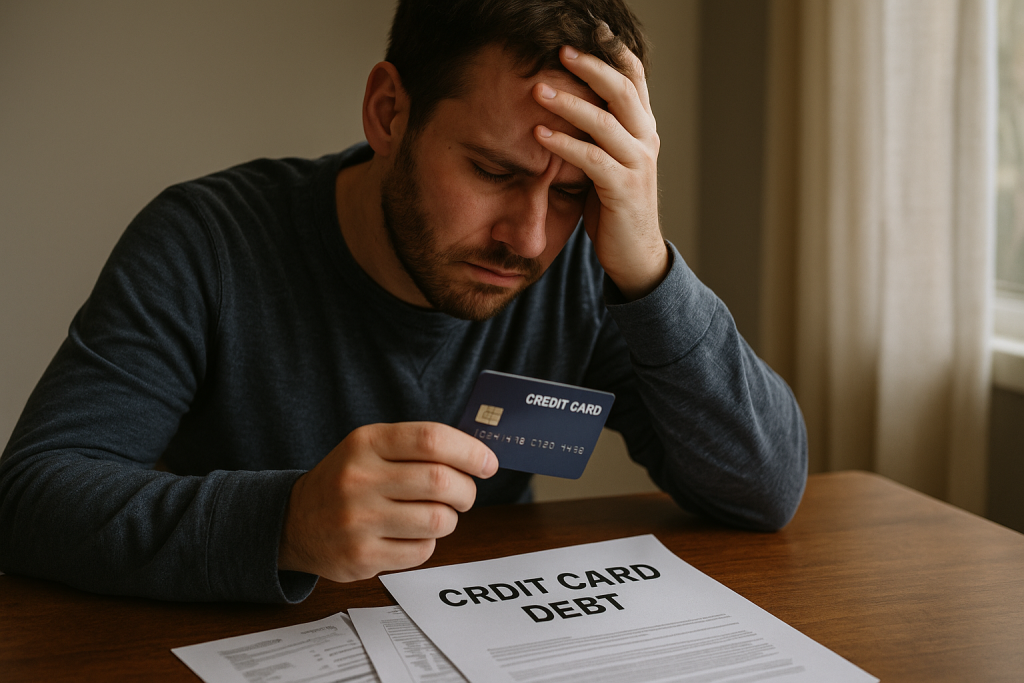Managing your personal finances isn’t just about budgeting or paying bills—it’s about creating a system that helps you reach your goals, reduce stress, and build long-term security. The sooner you start developing smart money habits, the more confident and in control you’ll feel, regardless of your income level.
Here’s a straightforward guide to getting your personal finances in order.
Know Where Your Money Is Going
One of the most important steps in personal finance is tracking your income and expenses. Many people have a general idea of what they earn, but far less clarity on how much they spend each month—and where that money goes.
Start by listing all sources of income and every monthly expense, from rent and groceries to subscriptions and impulse buys. Once you have a clear picture, you can make more intentional choices about your spending.
Create a Realistic Budget
A budget is a plan for how you’ll spend your money, not a punishment. The key is to make it realistic and flexible. Use the 50/30/20 rule as a starting point:
- 50% of your income goes to needs (housing, food, transportation)
- 30% goes to wants (entertainment, travel, dining out)
- 20% goes to savings and debt repayment
Adjust the percentages to fit your lifestyle and goals. The important thing is to assign every dollar a purpose.
Build an Emergency Fund
Life is unpredictable. Medical bills, car repairs, or job loss can happen when you least expect it. Having an emergency fund helps you avoid going into debt during tough times.
Aim to save at least three to six months’ worth of essential expenses in a separate, easily accessible account. Start small if you need to—even $500 can make a difference in an emergency.
Tackle Debt Strategically
Debt can be a major obstacle to financial freedom, especially high-interest debt like credit cards. If you’re carrying balances, prioritize paying them off. Two common methods include:
- Debt snowball: Pay off the smallest balances first for quick wins
- Debt avalanche: Focus on the highest interest rates to save money over time
Whichever method you choose, make more than the minimum payments when possible, and avoid taking on new debt unless absolutely necessary.
Start Investing Early
Investing is how you grow your wealth over time. The earlier you start, the more you benefit from compound interest. You don’t need a lot of money to begin—many platforms now allow you to invest with just a few dollars.
Focus on long-term strategies like retirement accounts (401(k), IRA) and low-cost index funds. Don’t try to time the market; consistency and patience usually win in the long run.
Protect What You Have
Insurance and estate planning might not be exciting, but they’re essential parts of personal finance. Make sure you have the right coverage for your health, car, home, and life. If you have dependents, consider writing a will and naming beneficiaries on your accounts.
Protection isn’t just about money—it’s about giving yourself and your loved ones peace of mind.
Set Financial Goals
Short-term or long-term, clear goals help guide your decisions. Whether it’s buying a car, saving for a home, or retiring early, goals give your financial plan direction.
Write down your goals, assign timelines, and break them into actionable steps. Revisit them often to track your progress and stay motivated.
Keep Learning
The financial world is always changing—new tools, apps, laws, and opportunities. Stay informed by reading personal finance blogs, listening to podcasts, or following credible financial educators.
The more you understand money, the better choices you’ll make.
Final Thoughts
Personal finance is about making your money work for you—not the other way around. You don’t need to be an expert to take control. By tracking your spending, creating a budget, saving consistently, and staying informed, you can build a financial life that supports your goals and gives you freedom.
Start with small steps, stay consistent, and remember: financial wellness is a journey, not a destination.




